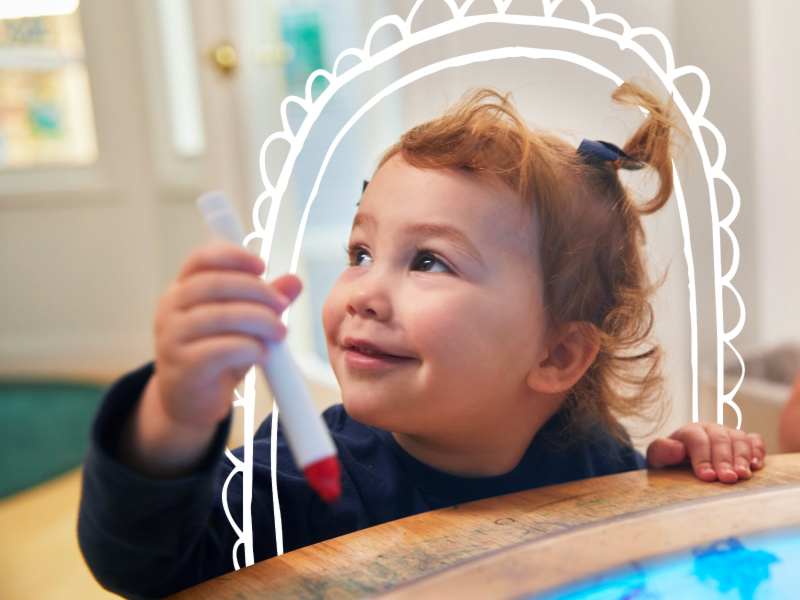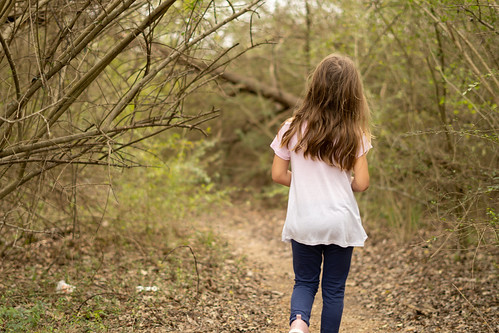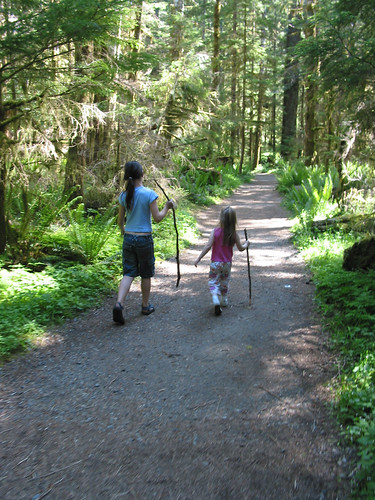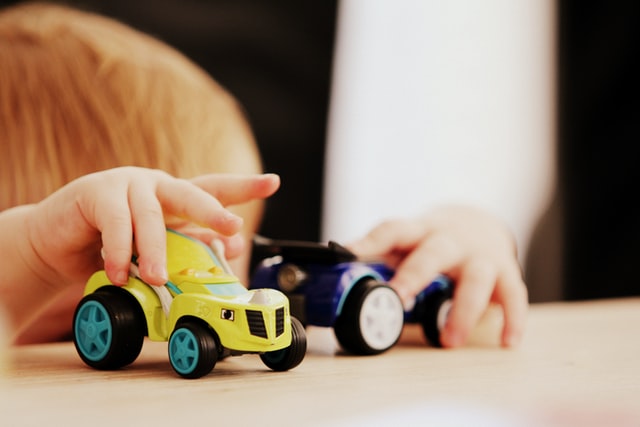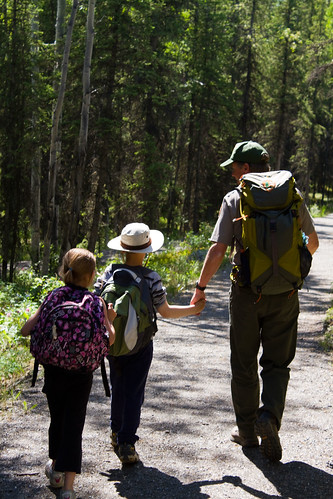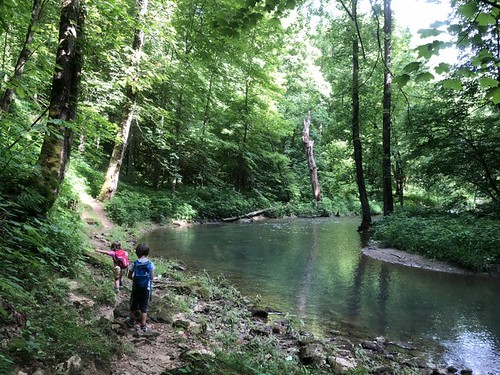Tips for making the daylight saving change easier on you and your kids
Oh, Daylight Saving Time. Setting your clock ahead by an hour can throw off adults who understand the time change, so imagine how losing an hour feels to kids. Even when you “gain” an hour back in the fall, the time shift can leave kids confused and cranky. While you can’t always avoid a small… Read more

